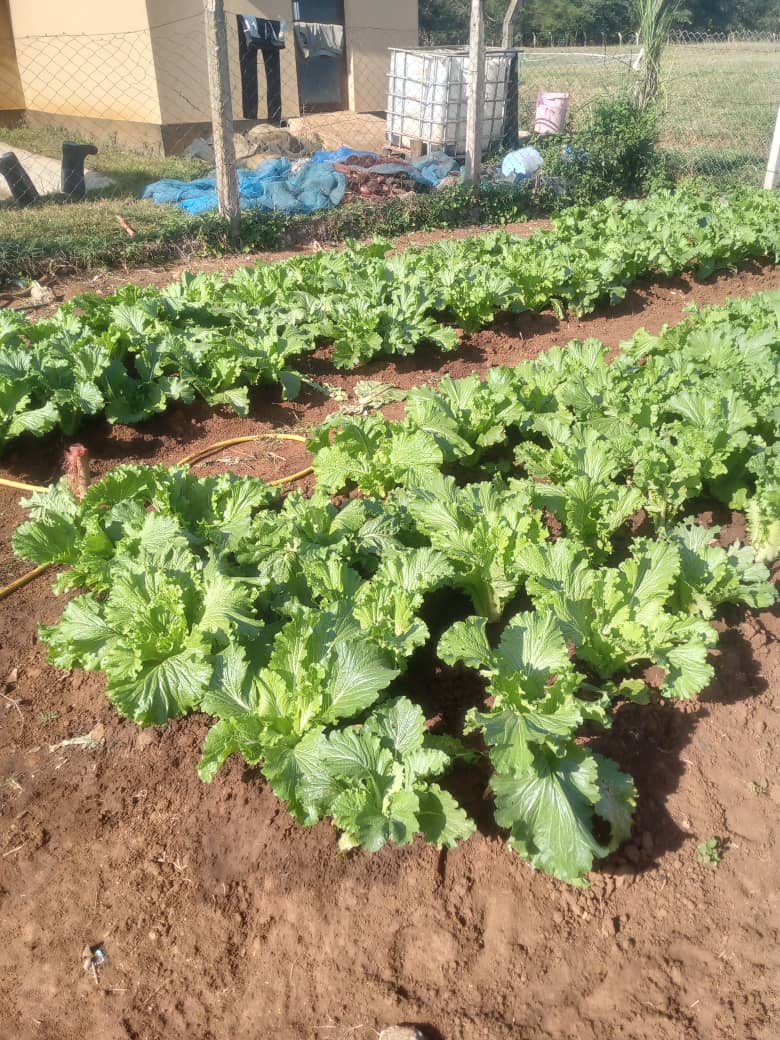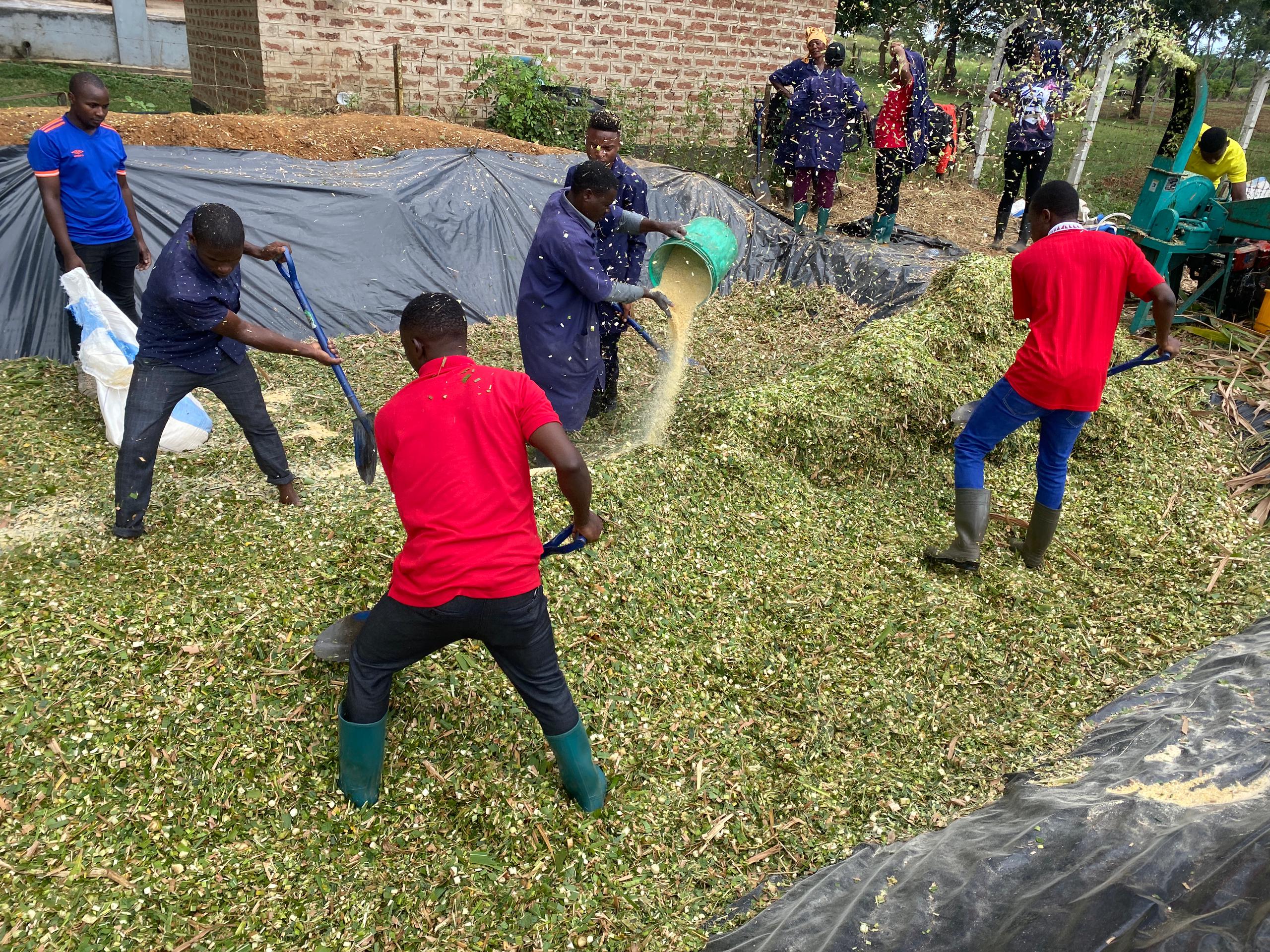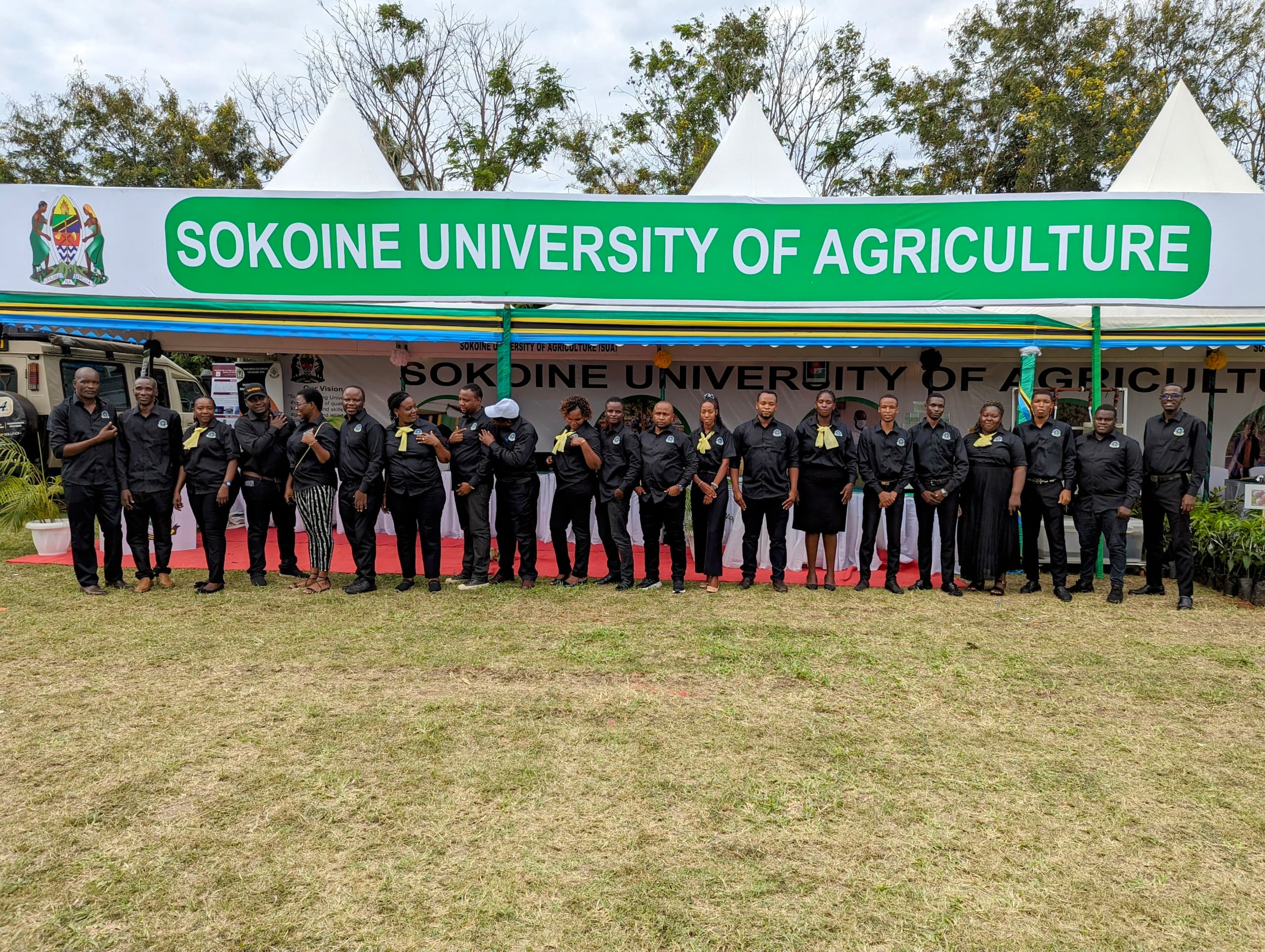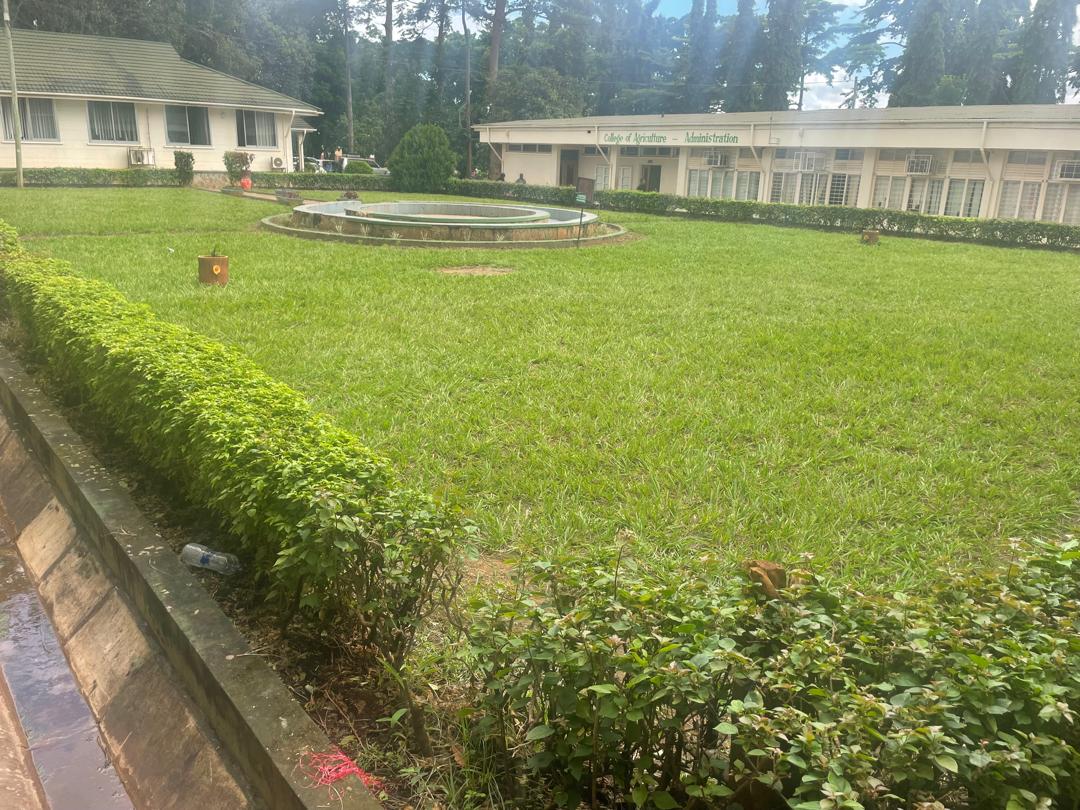At the Model Training Farm’s Aquaculture Unit, students are integrating fish farming with horticultural crops such as Chinese cabbage and bananas, along with Azolla, a plant protein source used for fish feed. With practical skills, students have successfully established plots of Chinese cabbage and banana plants.
Water from the fishponds is utilized to cultivate horticultural crops and Azolla. Additionally, the Azolla produced is used to feed the fish and as green manure for vegetables.
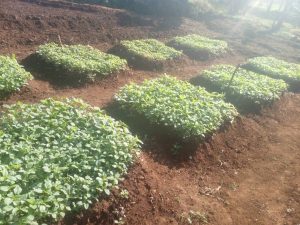
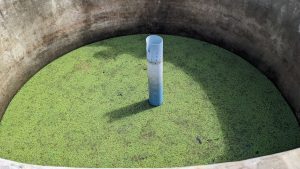
The Model Training Farm (MTF) contributes significantly to the Sustainable Development Goals (SDGs), particularly SDG 2 “Zero Hunger,” by ensuring food security and improving human nutrition through fish protein. It also supports SDG 8 “Decent Work and Economic Growth” by equipping young people with employable green skills in integrated fish farming.
Through Integrated Fish Farming, the MTF has diversified income streams by producing high-quality fish, Azolla, and horticultural crops. This approach offers income alternatives for farmers, especially with the current climate challenges.

Integrated fish farming presents a valuable option for local farmers to enhance productivity and profitability on their farms.
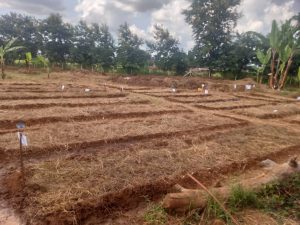
Community members are encouraged to visit the MTF for learning opportunities or to arrange field visits with our technical experts.
For inquiries, please contact:
Section Manager:
Name: Stella Genge
Email: stella.genge@sua.ac.tz
Mobile phone: +255-712-413-590
Field Technician:
Name: Buharata Salum
Email: buharata.salum@sua.ac.tz
Mobile phone: +255-747-612-361
For official communication, please contact:
Head of Department, Model Training Farm,
Sokoine University of Agriculture,
P.O. Box 3001, Chuo Kikuu, Morogoro,
Mobile phone: +255753937587
Email: newtonk78@sua.ac.tz
CC: dmtf@sua.ac.tz

